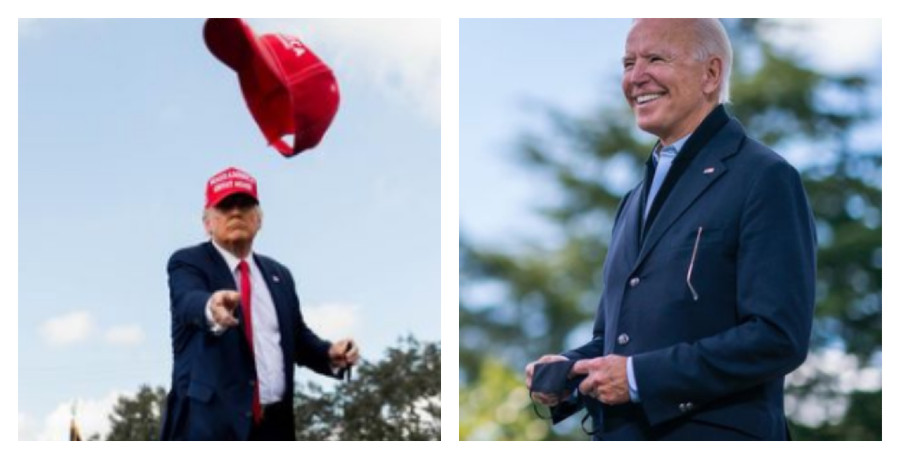If Trump Pardons Himself, Could Biden Issue An Un-Pardon?

There has been a lot of speculation about who will get pardons before the current President leaves office. When President Trump vacates the White House in January, many people feel he could be liable for criminal charges. In fact, he is at the center of several investigations by the New York State’s attorney general’s office.
There is wild speculation that Trump may issue himself a pardon. Doing so would be a historical first. The idea is so rare, no one can decide if it’s actually possible. While the Constitution grants the President the power to pardon, does that include himself? And do Presidents have the power to un-pardon?
Flurry of Pardons Expected From Trump
Since President Trump took office in 2016, he has issued fewer than 50 pardons. Last month, he made the controversial choice to pardon former National Security Advisor, Michael Flynn. Recent reports suggest he is considering pardoning whistleblower Edward Snowden and/or WikiLeaks founder Julian Assange.
With Christmas coming up soon, Trump is expected to issue a flurry of pardons in the next few days.
Additionally, there has been a hotbed of rumors and speculation regarding pardons for his close allies. Trump is allegedly considering preemptive pardons for lawyer Rudy Giuliani. Some speculation suggests that Trump will pardon his children, Ivanka, Don Jr., and Eric Trump, along with son-in-law Jared Kushner.
But the biggest speculation surrounds Trump issuing a pardon for himself. Is that even possible?
Can Trump Pardon Himself? Constitutional Scholars Aren’t Sure
In the last few years, Trump has floated the idea of pardoning himself several times. While he doesn’t admit to any crimes, he feels that the Southern District of New York is planning to bring charges against him regardless.
As the end of his term nears, the speculation is in high gear whether Trump will face charges when he leaves office in January. So, the possibility of a Trump self-pardon is at the forefront of legal minds.
The Constitution of the United States grants Presidents the ability to offer pardons. In fact, former President Richard Nixon was pardoned after he resigned from office. His successor, President Ford, was the one to issue the pardon. ABC News reports that Nixon’s Justice Department considered a self-pardon a violation of the Constitution.
But no President has ever tried to pardon themselves. That means there is no legal basis or precedent regarding self-pardons.
Could Biden Un-pardon Trump?
Legal scholars are divided over whether Trump can pardon himself. However, a Constitutional scholar has a suggestion of what President Biden should do if Trump tries it. Ken Gormley wrote an op-ed for the Washington Post about the scenario. He believes that self-pardons are “not legally allowable.”
Furthermore, he suggests that President-elect Biden should un-pardon Trump if he succeeds with his self-pardon. Can a President un-pardon someone?
https://twitter.com/washingtonpost/status/1339985547117379585
Yes, under certain circumstances. In the 1800s, President Grant revoked a pardon granted by his predecessor, Andrew Jackson. The pardon documents weren’t received in the allotted time frame, which is one of the few causes for an un-pardon.
Another theory making the rounds is that Trump will resign, putting Pence in charge of the government. Pence would then pardon Trump.
What do you think about the possibility of Trump self-pardoning himself? Do you think Biden should reverse it when he takes office in 2021? Let us know your thoughts in the comments down below.
- ‘Days Of Our Lives’ Spin-Off Features ‘Real Housewives’ Star - July 26, 2021
- [White] House Rules For First Dogs Champ & Major Biden - February 7, 2021
- Matt Roloff & Caryn Chandler Enjoy First Date Night In ‘Forever’ - February 1, 2021
